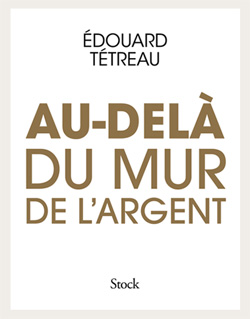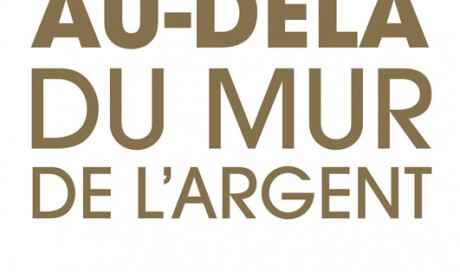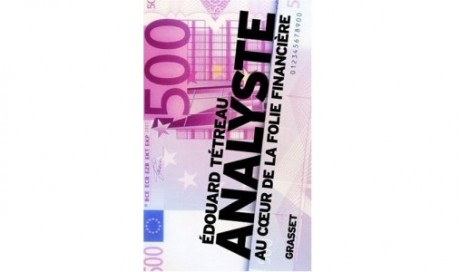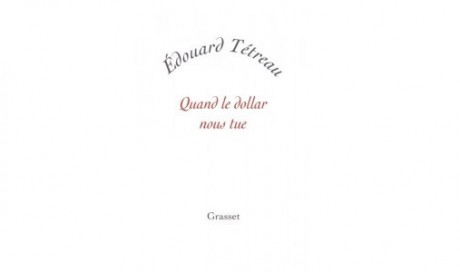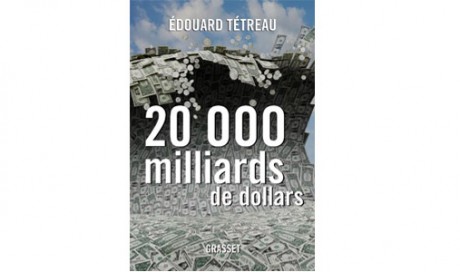- 84 Views
- 0 Comment
- No tags
Vilified by the Bank of France, the bitcoin is instead, considered an opportunity for the United States. Subject to the rules of the game, virtual currencies may be the future of finance.
Forty-three year old, Benjamin Lawsky, “Superintendent” of financial services of New York state, is not strictly speaking an indulgent debonair, but rather a supporter of laissez-faire on Wall Street. In 2012, he developed a strong reputation as a defrauding agent, after condemning British bank Standard Chartered to pay a fine of 340 million dollars for money laundering involving Iran.
Last week in New York, he completed a series of consultations on the bitcoin, the new virtual digital currency that has become a reality for hundreds of thousands of users around the world. Would it be blacklisted? Thrown into prison? Or would he track down supporters for the new currency, the incontrollable geeks and vile spectators? To do it, would he press on the Bank of France’s work on the issue? As it happens, the phrases avoid the “dangers”, “risks” and absence of “guarantees” of this currency appeared on six pages. The three terms in quotes were cited respectively nineteen, twelve, and nine times in the “Focus” summary paper.
After having met many professionals, composed thousands of pages of technical documentation on the bitcoin, Benjamin Lawsky organized two days of public and filmed hearings. Having listened to dozens of entrepreneurs, capital-investors, professors at Stanford and Princeton, leaders in the new technology, for seven hours, his sentence fell like a knife, “Potential wonderful benefits!” The potentially wonderful advantages of the new virtual currencies now well exceeded their disadvantages. We have to quickly work together, regulators, entrepreneurs, consumers to craft the general rules of the game in New York and the US in particular.
“In bitcoin we trust”. The Americans have very quickly understood this useful technology’s countless economical and societal advantages. Contrary to paper bills from the bank, digital currency is traceable through its chain of payments. It is impossible to forge or steal. Neither does it need central banks for political or erratic operation, nor intermediary financers to pay for its creation. Consumers freely choose to adopt the comprehensive contracts of confidence. At the speed of light, digital currency crosses borders and time zones at no cost. The scale of savings for countries and consumers is unprecedented. The current figures that could be deducted in the future include: the operating cost of the global exchange market (4,000 billion dollars of trade each day); the cost of fiscal fraud (2,000 billion dollars per year for the European Union, according to the Bocquet-Dupont-Aignan report); the costs of financial intermediation (costs of management and account maintenance at a bank); the costs of credit card embezzlement (450 million euros only in France in 2012). Finally, the costs of production, management, and destruction of these metal or paper objects would be reduced, such that they would continue to exist for thousands of years after the disappearance of coins, bank dollars and checks.
We understand that similar to the other digital revolutions occurring in the world today, the development of digital currencies, bitcoin or others, will disrupt all industries and financial practices. Similar to the discovery of the atom, digital currency will bring the best and the worst. Facing this technological rupture, there are two possible paths: stand behind the Maginot Line, on the sidelines as the world moves ahead, or face the birth of the bitcoin, searching to understand how to make use of all of its advantages.
My proposal of the week is thus the following: create a task force from the Bank of France’s graduate pool of 13,000 employees. The force, crafted by M. Lawsky, would study abroad in New York and Silicon valley in order to understand how the future currency is being used. They would produce a 174-page report, explaining the advantages of digital currencies and how to adapt the French economy and banking industry to this new realm.
The new report would be different from the Court of Auditors’ 174-page report of concrete recommendations for the Bank of France in 2005. This previous report was about the bicentennial institution that continues to have an overqualified personnel with a reduced workload. The workers are over-effective and overpaid, deployed on an estate of 808,000 square meters with 288 buildings. They have heinous statutory benefits, in a country that has 3.6 million poorly-housed, 5.5 million unemployed, and 16 million overtaxed.
After all, becoming a leading regulator in Europe of future digital currencies will not be a mediocre feat for this noble, but onerous institution.
OUR RECENT
WORKS
-
20000 Milliards de…Book
Warning: Invalid argument supplied for foreach() in /home/edouardt/www/wp-content/themes/edtetreau/includes/part-portfolio.php on line 54
Warning: Invalid argument supplied for foreach() in /home/edouardt/www/wp-content/themes/edtetreau/includes/part-portfolio.php on line 54
Warning: Invalid argument supplied for foreach() in /home/edouardt/www/wp-content/themes/edtetreau/includes/part-portfolio.php on line 54


